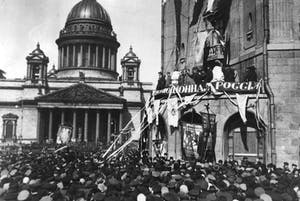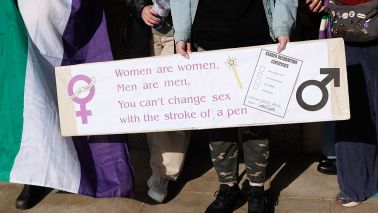As we approach the 100th anniversary of the Russian Revolution, it is fitting to ask whether we have learned what it tells us about its ideological root. Do we now appreciate that the Marxist ideology destroys legal order, political opposition and human rights? Do we have some idea of the death toll that has in every case followed the triumph of the ‘vanguard party’? Do we have an inkling of the human cost of collectivisation, or of what the gulag meant in terms of the humiliation and destruction of its victims?
Of course the answer in each case is no. Our school curriculum dwells incessantly on the Holocaust. Several states have made denial of it into a crime, and museums and monuments to the victims of Nazism and fascism exist all across the continent. But communism’s millions of victims are remembered hardly at all. One standard history of modern times, widely used in our schools, praises the Russian Revolution as aiming at ‘the complete destruction of the Russian and European bourgeoisie’, necessary for ‘the victory of socialism’.

Britain’s best politics newsletters
You get two free articles each week when you sign up to The Spectator’s emails.
Already a subscriber? Log in






Comments
Join the debate for just £1 a month
Be part of the conversation with other Spectator readers by getting your first three months for £3.
UNLOCK ACCESS Just £1 a monthAlready a subscriber? Log in